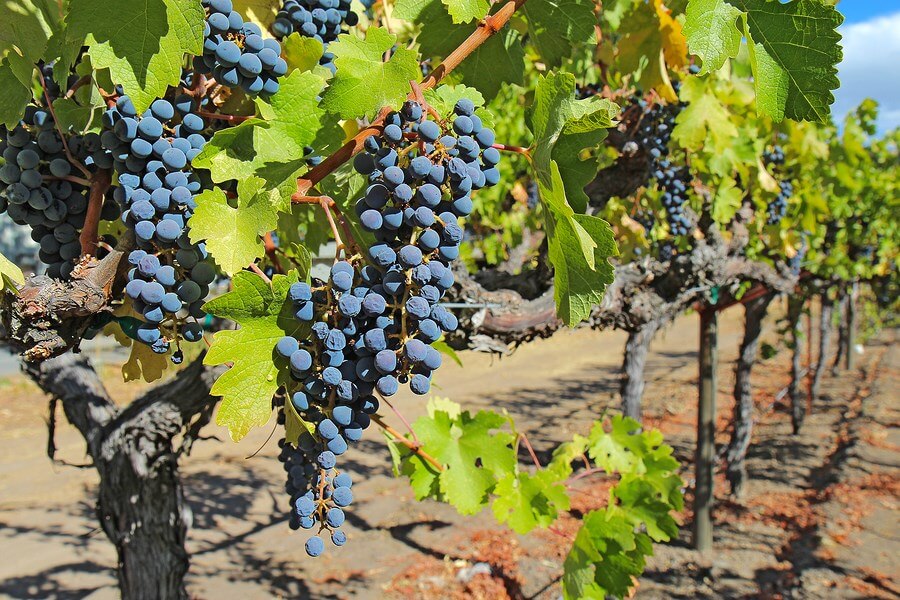In Kenya, the sales of wines have increased in the recent years. Due to the expansion in popularity of bars as well as other entertainment spots and restaurants, specifically in urban centers.

Share this article
In fact, the rise of the middle class with disposable income support the demand for alcohol and wine. Particularly, Kenyans have increasingly embraced social wine drinking. Due to this, Kenyan wine has been taking off!
Kenya’s wine industry is a growing giant within the country. The Kenyan wine industry is slowly flourishing. Producing uniquely African wines to fill the demand from the local population. Further, Kenyan wineries hope to one day go global. Produced in many regions, including Naivasha, the Yatta Plateau, as well as along the Great Rift Valley Escarpments, Kenyan wine is diverse in influence and flavor. Furthermore, The Trade Kenya Wine Agencies limited with Yatta wines and the Rift Valley Winery with Leleshwa Wines are the two major players in the Kenyan wine market.
Leleshwa Winery
Leleshwa Wines is located in Naivasha at Morendat Farm, which lies along the equator. The grapes enjoy the warmth of the sun almost all year round. In the heart of Africa’s Great Rift Valley, temperatures range from 6 Degrees to 32 Degrees Celsius. The rift is a favorable environment for the grapes to slowly mature and ripen, developing large amounts of sugar and sweetness. The Rifts high altitudes helps in preservation of the grapes’ flavors.
Leleshwa Wines winery currently produces 150,000 bottles of Kenya’s finest wine. Boasting four types of wines at the winery; Sweet red, a Merlot-Shiraz blend, Leleshwa Rose and a Sauvignon Blanc. Vintages all inspired by the Kenyan palate. Producing very high quality wine, crisp and fruity in the case of whites and roses. While fruity, light and with hints of berries in red wines. Every wine region has its own cuisine, much like France or any part of the world. These wines are uniquely Kenyan, and pair amazingly with the local cuisine.
Initially producing dry red wine only. The addition of sweet reds have diversified the winery’s portfolio. Leleshwa rose has also become sweeter over time to suit the Kenyan palate.
Over the past few years Leleshwa Wines have made a few changes starting with the addition of a sweet red wine to their portfolio. Initially producing dry red wine only. The addition of sweet reds have diversified the winery’s portfolio. Leleshwa rose has also become sweeter over time to suit the Kenyan palate. Ultimately, playing to the market has led to great success for Leleshwa Winery.
What started over 20 years ago as a hobby and experiment has turned out to be a very lucrative business. Grapes at Leleshwa Vineyards are picked purely by hand. Such technique ensures only the very best grapes are picked. Handpicking grapes guarantees a higher quality of wine.
Kenyan Wine: The Wine Making Process
First, grapes are handpicked. The next step is to feed them into a machine through a large funnel that squeezes and siphons the juice into a chamber where it sits for 48 hours. Yeast is then added to the juice for fermentation and it’s left to ferment for a fortnight. After this, it is strained into a new tank, where the juice is left for a period of up to half a year to stabilize before it’s bottled.
Recently, the Leleshwa winery has invested in new infrastructure, viniculture and a selection of diverse wine varietals with the objective of finding grapes that do well in the Kenyan climate. This led to their re-branding in 2015 with the name New Latitude Wines. Due to the climate, the winery believes their only shortfall is the inability to produce red wines with a fuller body and a higher alcohol content. They hope the recent investments will help to rectify this.
According to the managing director, the Rift Valley Winery, invested in land to increase vineyards size and increase production of their wines. Additionally, wines produced at Rift Valley Winery are becoming increasingly popular among locals. Rift Valley Winery raised investment to fund new winery to increase production, to placate and expand the growing desire for wines both locally and internationally.
If these unique processes don’t tickle your fancy, learn about female owned wineries in Europe.
Kenyan Wine: The Future
Ultimately, the Kenyan will experience exponential growth in the coming years; partly due to the change in lifestyle trends among urban Kenyan dwellers. Many Factors play a part. First is the increased availability of product in the Kenyan market. Secondly is the growing number of distributors and producers, coupled with increased advertising. On the other hand, expansion of consumer education and popularity of local wine brands led to a booming market. The investments of Kenyan wineries have shown this to be true. Corporate functions are increasingly using wine as the alcohol of choice in high class events. Restaurants have heavily promoted the growth of wine consumption as well. Indeed, by promoting wine pairings with meals, and exposing non-wine drinkers to the beautiful bounty of Kenya’s wineries. Ultimately, Kenya’s wine industry and market is truly taking off!